
Trust is key to collaborating with Native community
From their home near the forested lakes of Mole Lake, Wisconsin, the Tribal Council of the Sokaogon Chippewa Community (SCC) traveled to the University of Wisconsin–Madison, where they were welcomed by health sciences and biomedical researchers and staff.
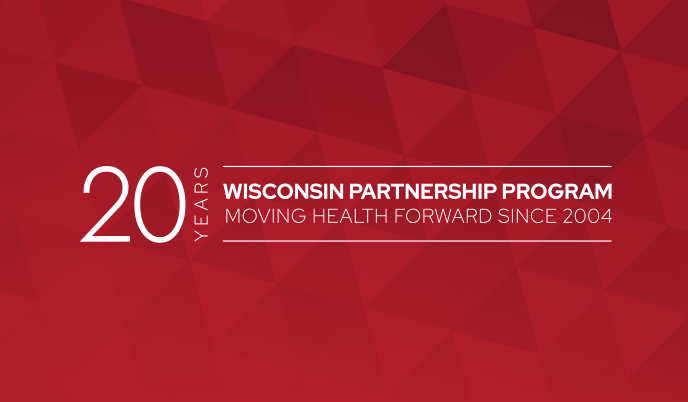
Grants power two decades of statewide impact
The university’s medical school would not be the UW School of Medicine and Public Health without the Wisconsin Partnership Program (WPP), celebrating its 20th anniversary this year.

RISE-THRIVE initiative focuses on immunology and healthspan
The UW School of Medicine and Public Health will play a significant role in the newest area of focus for the Wisconsin Research, Innovation and Scholarly Excellence (RISE) initiative: RISE-THRIVE, aimed at advancing health and improving lives.

Humid heat impacts dialysis patients
A large, population-based study shows that people receiving regular dialysis to treat kidney disease are vulnerable during heat waves, especially those living in cities in the humid southeastern states, resulting in higher death rates.
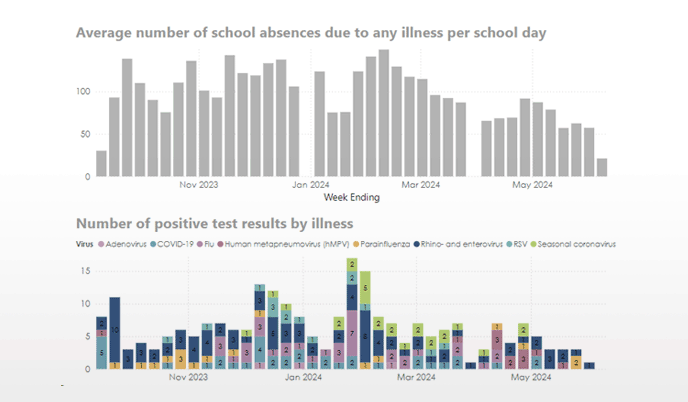
UW researchers’ data informs community when sickness lurks
What if you could check the “forecast” for respiratory illness as easily as you can check the weather? Would it influence your decision-making?

Protect your eyes this Fourth of July
Fireworks light up many Independence Day celebrations, but setting them off comes with the risk of serious eye injuries.

Adolescent moods improve during smartphone use
According to a new study, adolescents report better moods when using their smartphones than when not using them, and that their moods improved while they were using their phones.
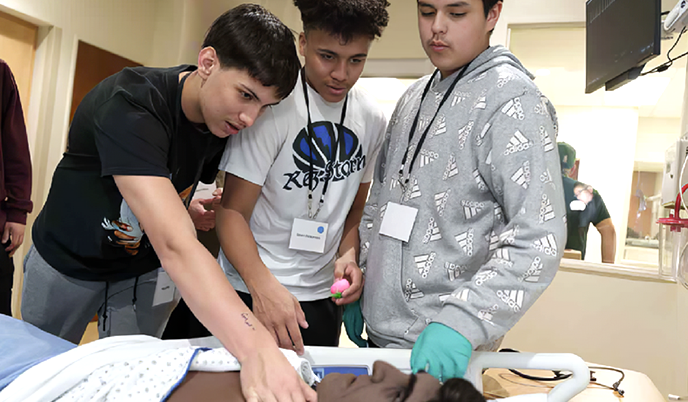
Showcasing health careers for Native students
For the 20th anniversary of Indigenous Health and Wellness Day, organizers knew the keynote speaker had to be someone special. They wanted to draw as many middle and high school students as possible to UW–Madison on April 26 for this long-running recruitment event, and they were looking for a person students could relate to, with a compelling story to tell.
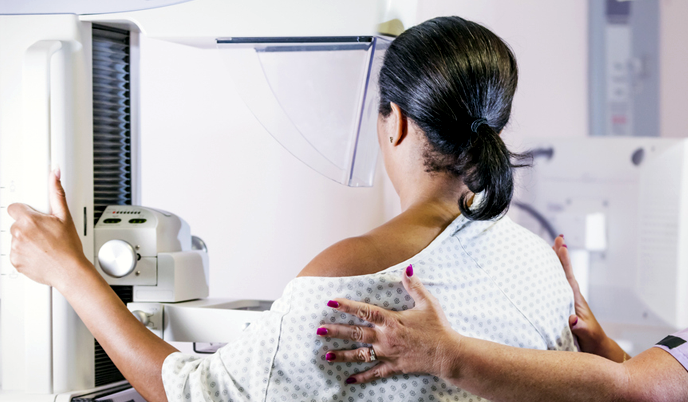
New study supports recommendation to begin mammogram screening at 40
Breast cancer screening every two years beginning at age 40 has the potential to reduce the number of women who die of breast cancer while minimizing the harms, according to a large study published today.
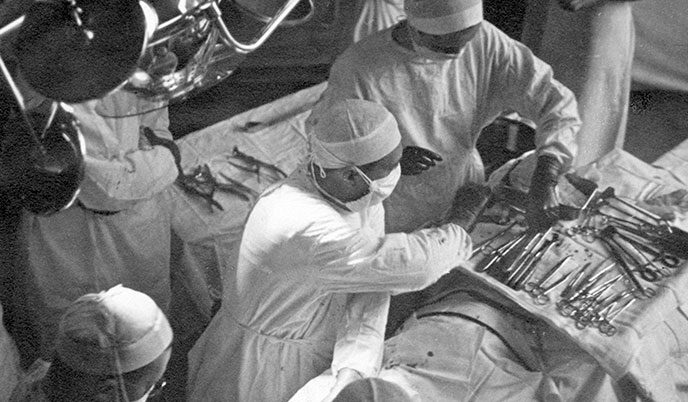
UW surgery turns 100
The first day of classes must have felt like a leap of faith. It was 1924 and just three faculty members charged with teaching three medical students made up the new surgery academic department in the University of Wisconsin’s new School of Medicine. At the Wisconsin General Hospital, community surgeons were called in to help teach the students how to set bones, treat sepsis, alleviate inflammation and perform minor surgery.

Civic infrastructure tied to better health
New data show counties in the United States that make it easier for residents to participate in civic activities and provide ample information sources – such as broadband or public libraries – are often healthier.
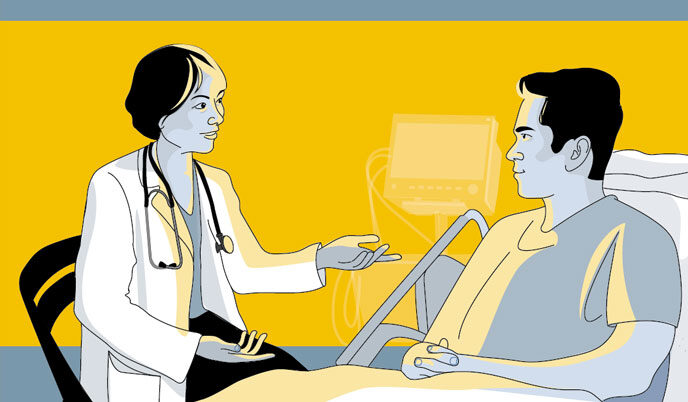
When doctors sit, patients feel better
A new study indicates that the simple act of a doctor sitting in a chair during hospital bedside discussions improved the experience for physicians and patients alike.